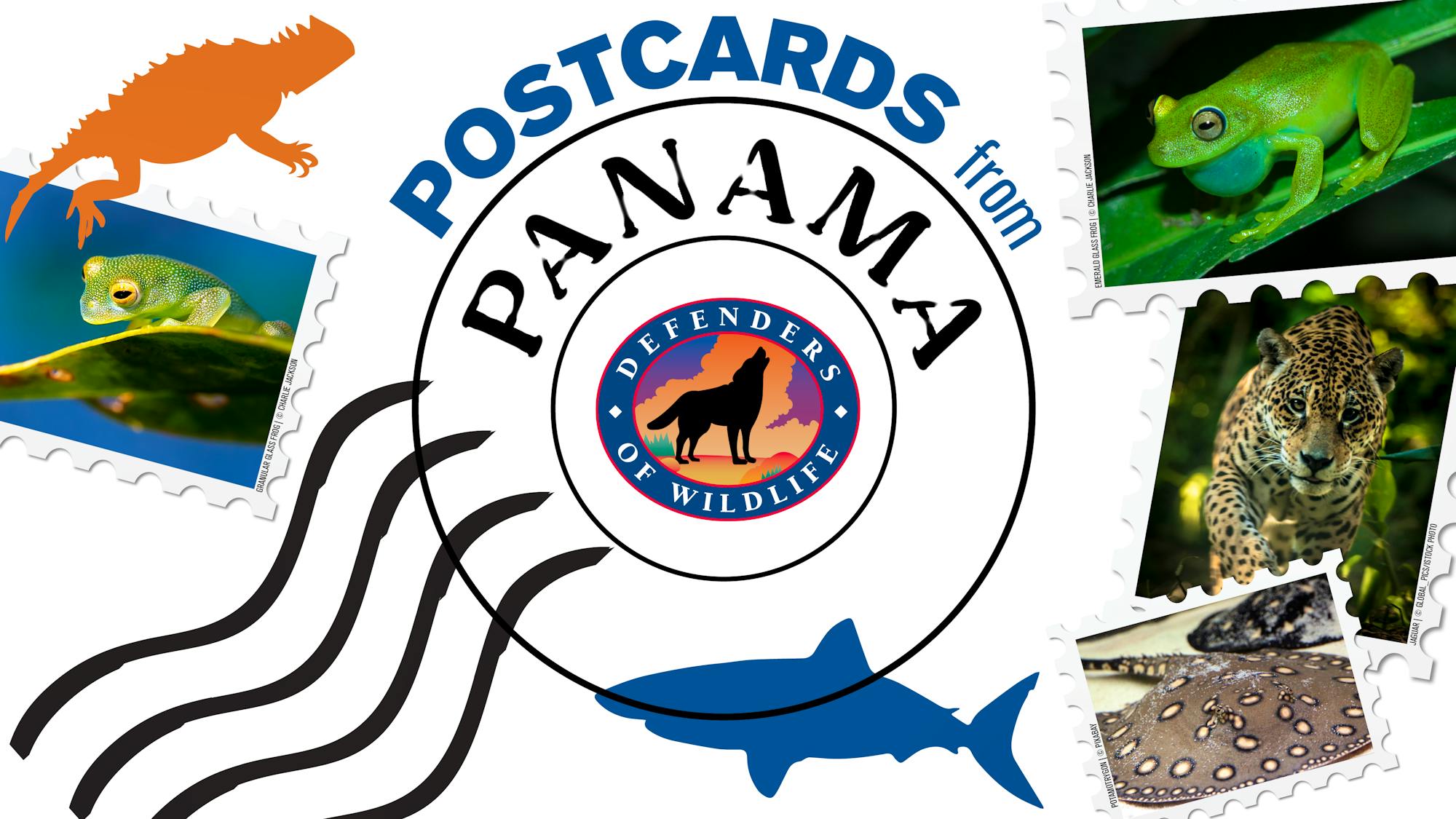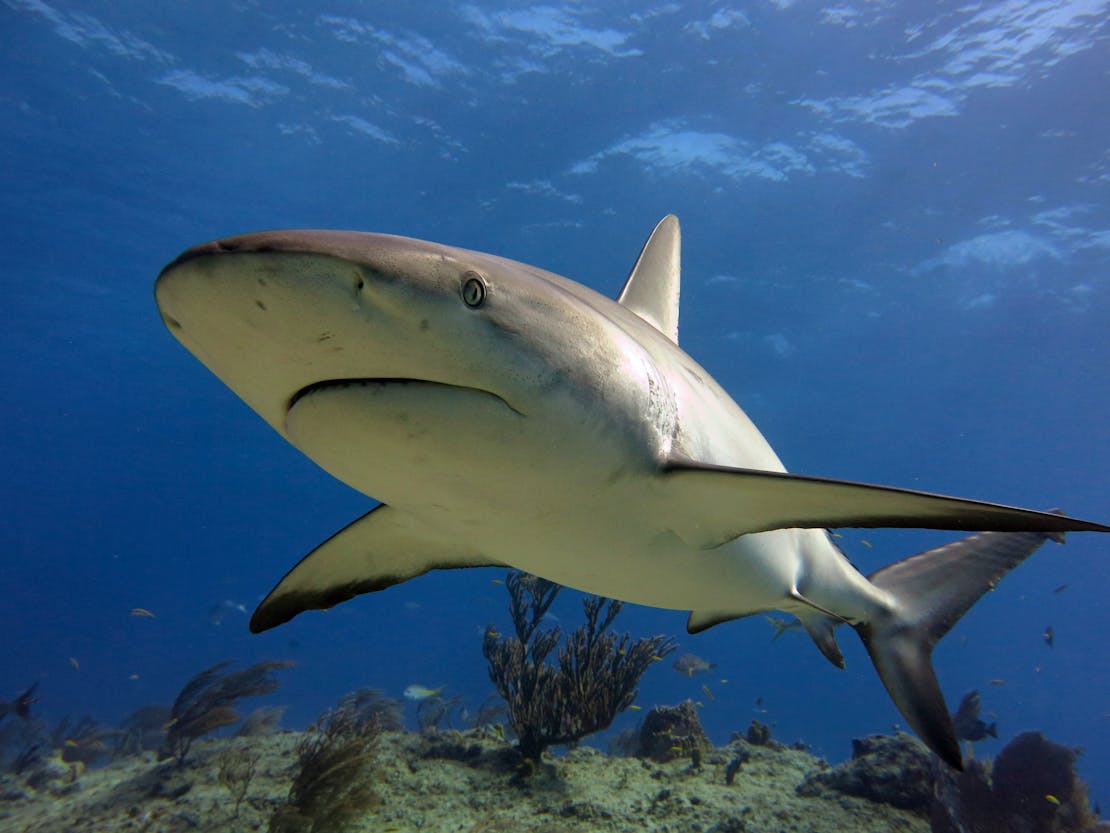While it goes without saying that amidst an escalating biodiversity and climate change crisis, protecting all species is important, at this 19th Conference of the Parties to the Convention on International Trade in Endangered Species of Wild Fauna and Flora, there has been a lot of attention on sharks as they continue to be ravaged by the international trade in their fins. The proposal to list the full family of requiem sharks on Appendix II, in particular, has drawn a lot of attention. Not only was the host country of Panama leading the way on the proposal, it also had the most co-proponents of any proposal at the conference.
Before the proposal was even formally introduced in committee, there were days of side conversations and negotiations among countries. When the proposal finally made its first public appearance, the debate was extensive.
Many countries lined up to publicly express their support for the full proposal. However, other countries were adamant that the proposal be cut down from 54 species—19 critically endangered and endangered species, and 35 “look-alikes”—to include only the 19 endangered species. Japan’s delegation went as far as saying the inclusion of the “look-alike” species was an abuse of the listing process. Panama and other delegations were undeterred and responded with the argument that requiem shark fins are not easily identifiable to the species level, therefore not including the “look-alikes” would undermine the protections for the remaining species.
Back and forth, country after country made their views and concerns heard, and then came proposals for amendments. Early on, there was one to delay the implementation of the proposal, if adopted, by 24 months. Then there were requests for secret ballots on the votes, that had to be seconded by at least 10 countries. The secret ballot requests received the votes they needed. Parties like the United States and European Union spoke out against the secret ballot and requested to know the countries who seconded the request. That caused confusion as to whether it was technically allowed, but the chair of the committee kept things moving based on usual practices in not revealing that information. The amendments then went for a vote. The amendment to lower the number of species was shot down, much to the relief if many. There was also another amendment by Peru to exclude the blue shark, which is commonly traded. It also failed.
The delegation from Panama was an impressive force throughout, earning rebuke from the Antigua and Barbuda delegation (vocal in their opposition to the proposal) for continuing their advocacy when they should not have been procedurally.
Noting the length of the debate, the chair of the committee began to limit which countries could speak, and ultimately allowed only a small number of observer organizations, to make statements as well. Fortunately, one of the few observer statements that was allowed to be given was one which Defenders of Wildlife had signed on to.
After the dust had settled on the amendments, with 12-month delay on implementation, it then came for a final vote.
Forty seconds went by as countries punched their votes in. And then up on the screen came the results. There was a brief pause, and then cheers. The proposal, after having been debated over and discussed for hours, had won the global support needed to move forward.
Regardless of what happens in plenary this week, the vote was a monumental step forward in marine conservation and the protection of the underappreciated role sharks play in supporting marine biodiversity. As top predators, these beautiful fish are incredibly important to keeping the balance of the tropical and subtropical marine ecosystems that they inhabit and for maintaining the biodiversity on which we all depend. Parties and observers appear hopeful that the proposal will be adopted by the plenary.
After the marathon of the requiem shark proposal, the following proposal for a species of small hammerhead shark, called the bonnethead and five other “look-alike” species was quickly adopted by consensus.
The next day, the freshwater ray proposal was adopted by consensus and guitarfishes sailed through as well.
And just like that more than 100 species of sharks and rays were on the fast-track towards desperately needed international trade regulations. Hopefully, glass frogs, horned lizards and freshwater turtles will be next.








